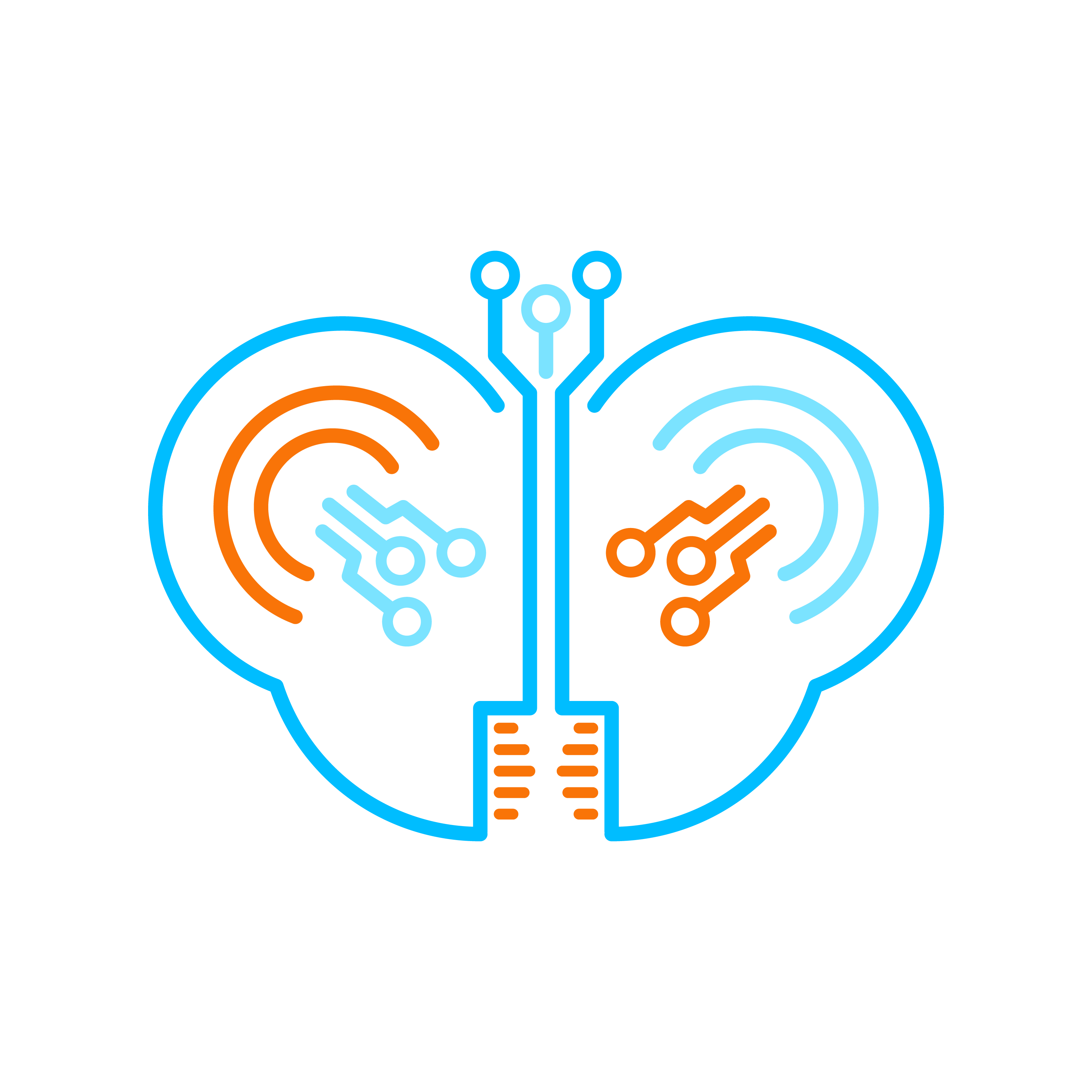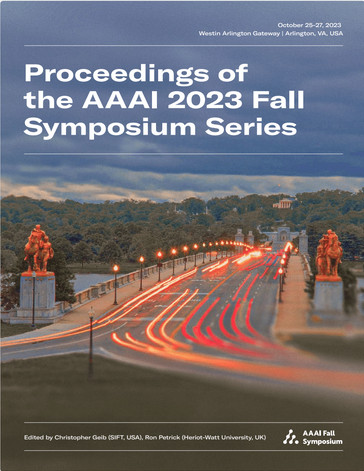O Grupo de Pesquisa Sistemas Cognitivos Artificiais (Unifesp) teve dois artigos publicados nos anais do Simpósio da Association for the Advancement of Artificial Intelligence (EUA). Um deles, de autoria do mestrando Rodrigo Souza e do prof. Walter Lima, em conjunto, com o prof. Frank Ritter e a doutoranda Siyu Wu (Department of Computer Science and Engineering at Penn State University), denominado Comparing LLMs for Prompt-Enhanced ACT-R and Soar Model Development:A Case Study in Cognitive Simulation. O outro, também de autoria do mestrando Rodrigo Souza e do prof. Walter Lima, possui o título Skill Development through Artificial Cognitive Systems and Social Robotics Applied at Tech-Education. Abaixo, os abstracts:
Comparing LLMs for Prompt-Enhanced ACT-R and Soar Model Development: A Case Study in Cognitive Simulation
Authors
Siyu Wu
College of Information Sciences and Technology, the Pennsylvania State University, University Park
Rodrigo F. Souza
Federal University of Sao Paulo
Frank E. Ritter
College of Information Sciences and Technology, the Pennsylvania State University, University Park
Walter T. Lima Jr
Federal University of Sao Paulo
DOI: https://doi.org/10.1609/aaaiss.v2i1.27710
Keywords: Cognition Computational Modeling, ACT-R, Soar, LLMs
Abstract
This paper presents experiments on using ChatGPT4 and Google Bard to create ACT-R and Soar models. The study involves two simulated cognitive tasks, where ChatGPT4 and Google Bard (Large Language Models, LLMs) serve as conversational interfaces within the ACT-R and Soar framework development environments. The first task involves creating an intelligent driving model using ACT-R with motor and perceptual behavior and can further interact with an unmodified interface. The second task evaluates the development of educational skills using Soar. Prompts were designed to represent cognitive operations and actions, including providing context, asking perception-related questions, decision-making scenarios, and evaluating the system's responses, and they were iteratively refined based on model behavior evaluation. Results demonstrate the potential of using LLMs to serve as interactive interfaces to develop ACT-R and Soar models within a human-in-the-loop model development process. We documented the mistakes LLMs made during this integration and provided corresponding resolutions when adopting this modeling approach. Furthermore, we presented a framework of prompt patterns that maximizes LLMs interaction for artificial cognitive architectures.
Skill Development through Artificial Cognitive Systems and Social Robotics Applied at Tech-Education
Authors
Rodrigo F. Souza
Federal University of Sao Paulo - UNIFESP - Brazil
Walter T. Lima Jr
Federal University of Sao Paulo - UNIFESP - Brazil
DOI: https://doi.org/10.1609/aaaiss.v2i1.27672
Keywords: Artificial Intelligence, Human-Robot Interaction, Artificial Cognitive Systems, Social Robotics, Vocational Education, EduScrum
Abstract
The focus of this research is to demonstrate how a platform composed of systems of artificial cognitive agents and social robotics can interact, teach and learn with students and teachers, through a pedagogical practice and methodological integration of the psychological concepts of the Theory of Multiple Intelligences, the educational foundations of the Dialectic methodology and the relationship explored in the Man-Machine Symbiosis. The objective of this article is to present the cognitive methodological concept of the project developed, grounding it from the theoretical principles, to the selection criteria for the models presented in the current discussions, taking as lines of thought that seek to define the strategy for creating personalized learning storytelling, the techniques for building social robotics in education and the interactivity between visual feedback in the challenging context of technological education.

